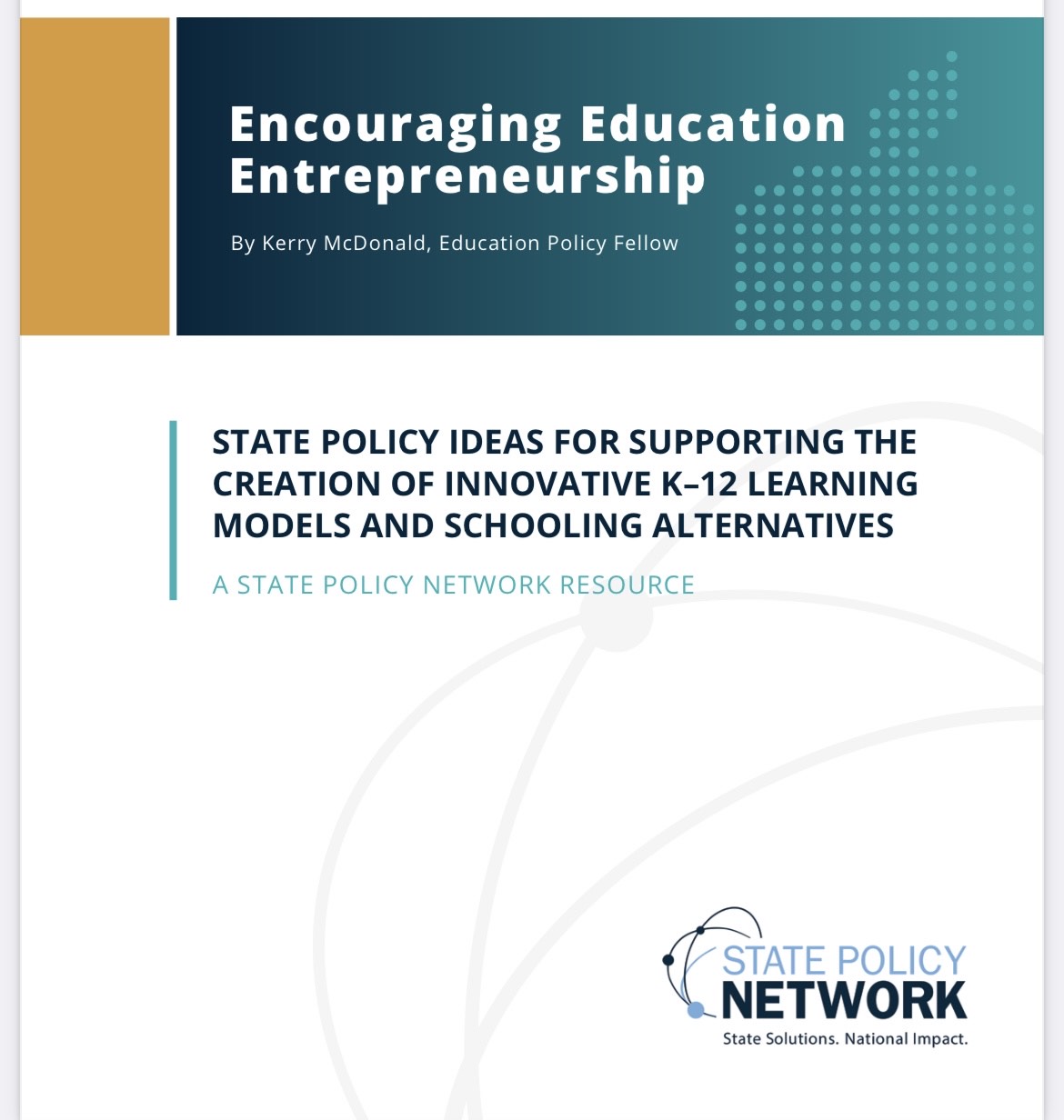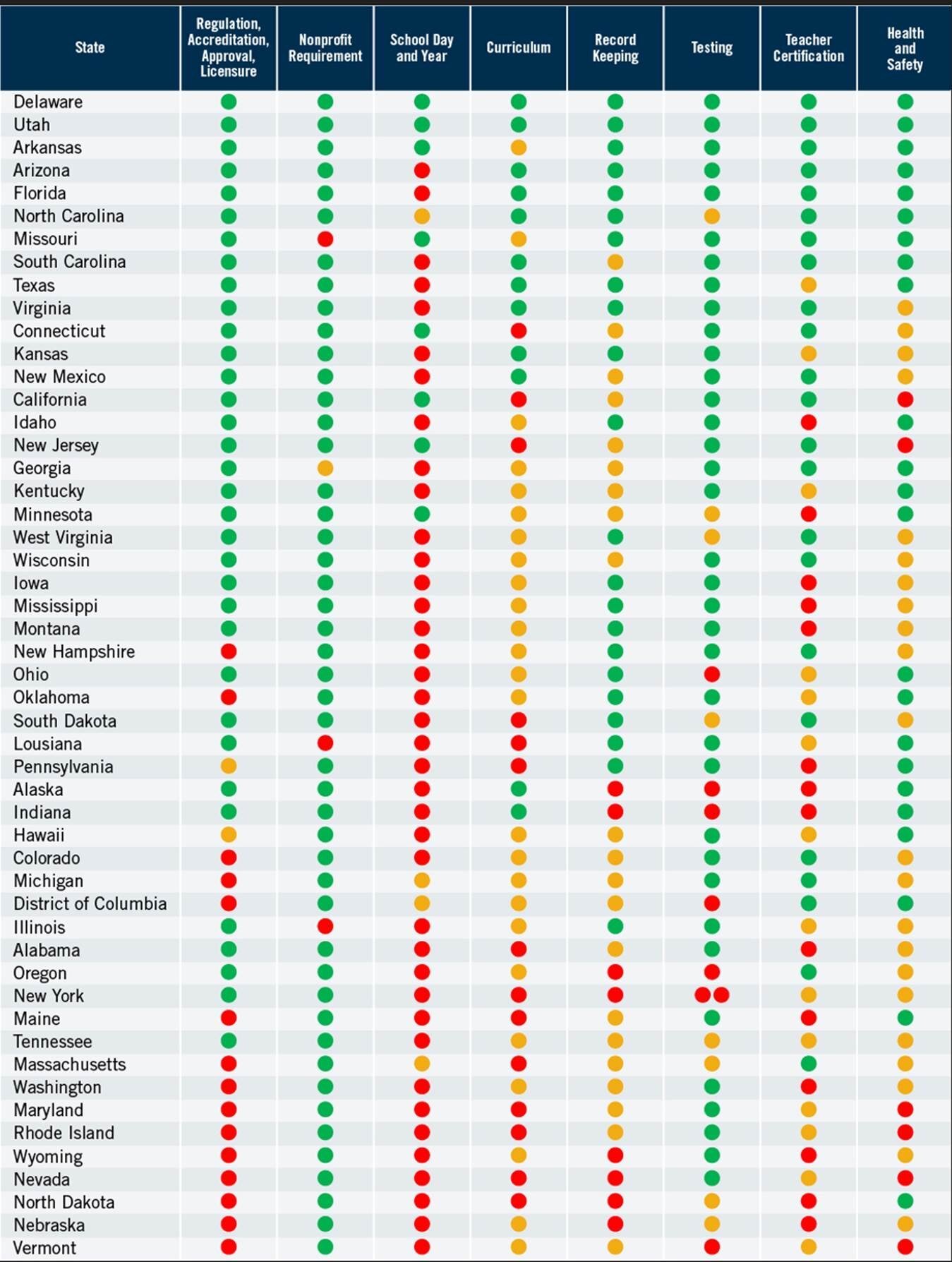Do Recent Federal Labor Changes Impact Your Microschool?
For many businesses, recent changes by the federal Department of Labor to the Fair Labor Standards Act (FLSA) concerning requirements for employers...

America’s fast-growing microschooling movement is driven by local leaders who may not think of themselves as entrepreneurs in the sense that, had financial gain been their driving motive, nearly all could be making a lot more money out in the business world. Yet they are education entrepreneurs, creating innovative alternatives that empower families to reclaim control over their children’s education trajectories, and no longer rely on government-assigned, district-operated schools to meet their schooling needs.
In some states, most notably Florida, Indiana, Arizona and now West Virginia, state programs allow many families to use their taxpayer-funded education dollars to select schooling options they feel best meet their learners’ needs. In these states and others, educators and leaders must confront challenges, including regulatory obstacles, in creating these challenges. In many cases, outdated and harmful barriers embedded in state law and regulations make it harder for education entrepreneurs to establish their models, and carry excessive costs and restrictions which can compromise the very ability of these models to be as effective as they can be.
Now a new report from the State Policy Network, “Encouraging Education Entrepreneurship: State Policy Ideas for Supporting the Creation of Innovative K-12 Learning Models and Schooling Alternatives,” suggests strategies state-level decisionmakers can take to minimize these barriers and update their policy frameworks to be more supportive for innovative options.
The publication, authored by accomplished writer Kerry McDonald, senior education fellow at the Foundation for Economic Education, analyzes barriers including, but not limited to, obstacles found within state education statute and code.
Crucial approaches to modernize education frameworks discussed in the report include making it easier to start private schools, loosening compulsory school attendance laws, and expanding homeschooling freedoms.
Also discussed are reasons and strategies to update zoning restrictions for businesses, expanding exemptions to child care licensing regulations and additional considerations to support emerging learning models.
“American education has changed dramatically over the past two years,” the paper explains, and notes that, education entrepreneurs often encounter more obstacles than others. The strict K-12 regulatory environment in most states can create significant barriers to entry and growth.”
Even in some school-choice friendly states, outdated obstacles to emerging schooling models can stand in the way of families participating, and especially working families for whom some sacrifices are often more difficult. This new report explains valuable ways decisionmakers wanting to support innovations coming from outside of school district administrations.
.jpg)
For many businesses, recent changes by the federal Department of Labor to the Fair Labor Standards Act (FLSA) concerning requirements for employers...
Juliet Squire

While the growth of school choice programs and policies around the United States continues to receive extensive attention, far less interest has been...